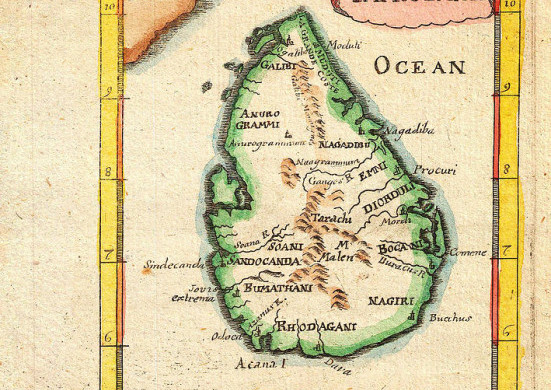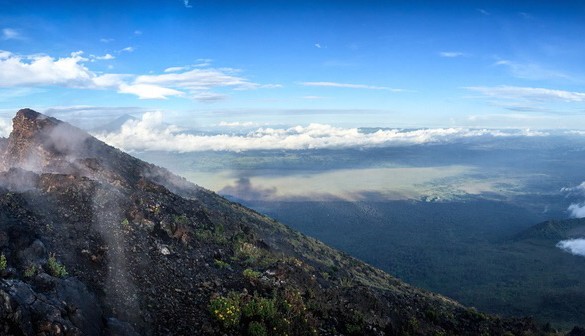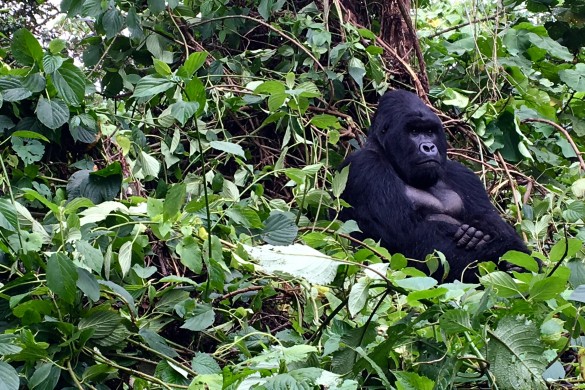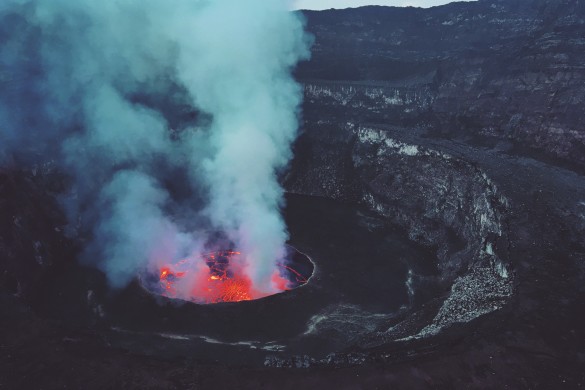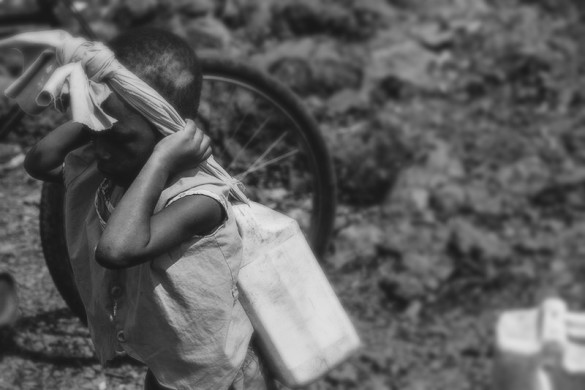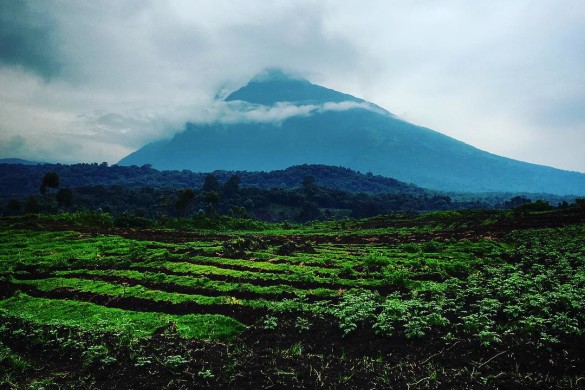The smells we encounter on the road probably rate as our most intense—and lingering—travel experiences, though we tend to disregard them. We venture forth and return home with collections of photos and stories, tales of far away landscapes, fascinating encounters, and sometimes new friendships. But ask someone to tell you about their trip to, oh, Bangkok, and rarely will they lead with a description of the overpowering aromas of street food and sewer — chicken and pork strewn across charcoal, fish sauce and lemongrass simmering in woks, and sweet condensed milk drizzled over pancakes.
In search of that ever elusive sense of place, we often overlook the one quality that couldn’t be more essential to our memories. For me, the above represents Thailand, and the beginning of a life-long love affair with travel. In the present, it’s a mixture of soot and sulfur consuming my senses. Partly familiar — and comforting — because my father had owned a chimney business, and would often return to his office smelling of soot. I can still hear my high-pitched voice at his feet shouting “Daddy, daddy. Ups, daddy, ups!” With my grabby little hands reaching out, so that he would hold me. But that was then, and this is now, and familiarity came to a screeching halt as the clickety-clat of kalashnikovs rang in the distance, and Nyrigongo faded in the rear view mirror.
The Rangers surveyed the area, steadying their guns – fingers just above the trigger. The young man seated behind me leaned in and shouted “training fields” as his arm extended over my shoulder, pointing North. We drove for what seemed like forever, along muddy roads lined with small children. Most working in clothes that are disintegrating and barely covering their tiny limbs, with pails of water strapped to their backs, and bundles of wood, grain and charcoal perfectly balanced overhead.
When we reached a fork in the road, I asked if we could pull over, so that I could stretch my legs and buy the men lunch. I saw this as an opportunity to show my appreciation for their protection, but I also wanted some space. While they ate next to a small stand, still watching intently, I crossed into the fields and was quickly joined by a group of young women. They giggled, touching my hair and grabbing my arms as we walked. Before I knew it, I was holding a small baby and my entourage had grown to at least twenty or thirty. We walked, we talked, we laughed, and I loved it. But then soldiers emerged from the bushes — quite literally — and the fun was over. The Rangers rushed to my side and an argument broke out between the two groups in Swahili as I looked on quietly, wishing things were different, wishing I could do something. Or at least speak the language, to offer an explanation or a sincere apology, for I certainly meant no harm.
Once we arrived at the dock, I boarded a small speed boat headed towards Tchegera Island in the middle of Lake Kivu. The boat hovered across the waters at lightening speed, and by the time I reached the shore I was completely soaked— drenched to the bone. Once on the other side, I was greeted by friendly smiles, and rejoiced when I heard the words “hot” and “shower” in the same sentence.
Tchegera is an itty-bitty island with a lovely camp hugging the shore. It has an abundance of bird life that follow you along the paths and softly sing you to sleep. It’s clean, peaceful, and quiet. The kind of place you want to settle into, and the perfect compliment to my climb.
The two men running the camp were as sweet as can be. The type you meet, and without saying a word, you instantly take to and trust – souls so good they radiate. And although my stay was short, it was memorable, because they made it so, down to the littlest of details.


